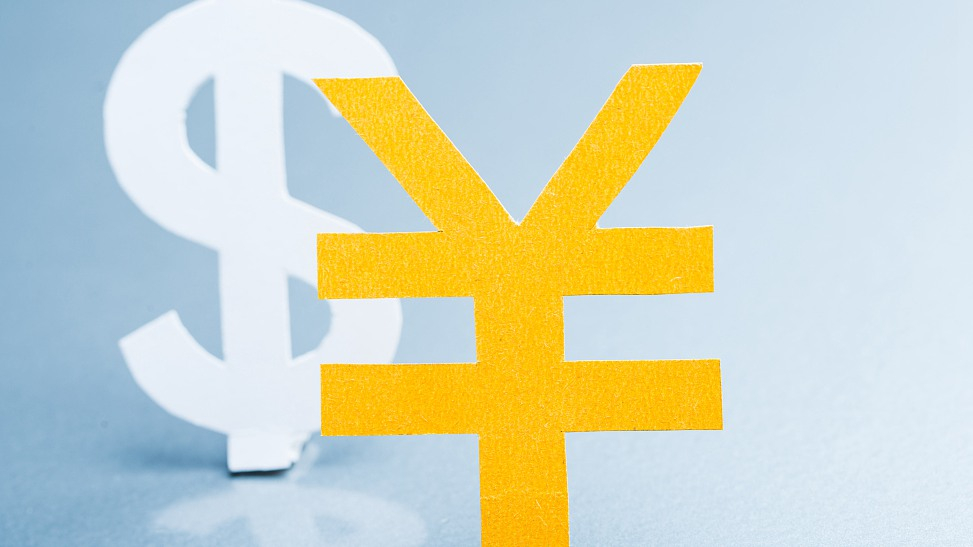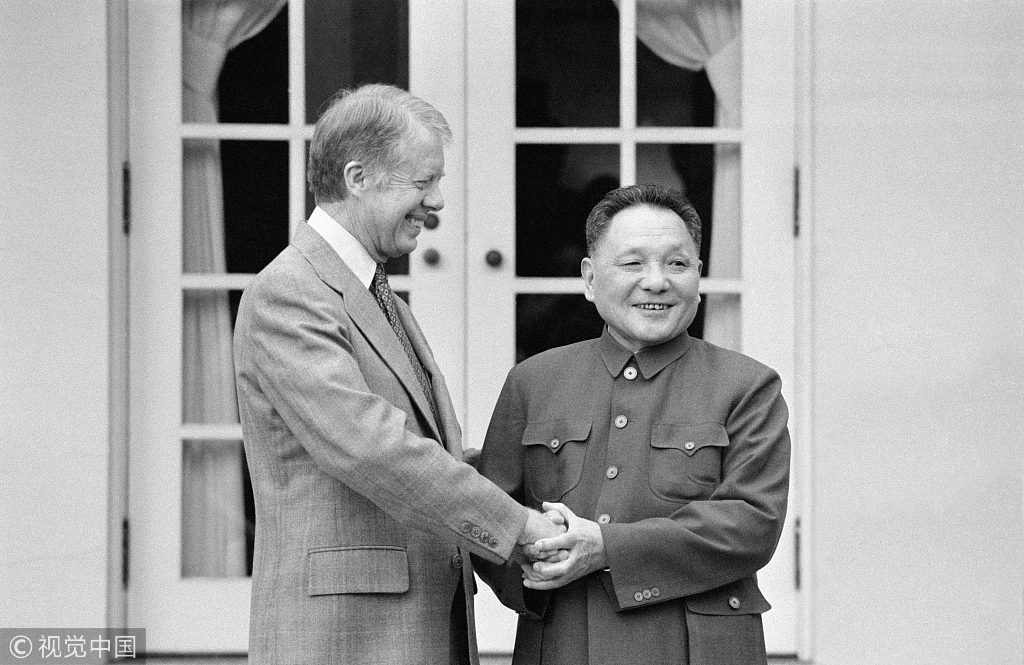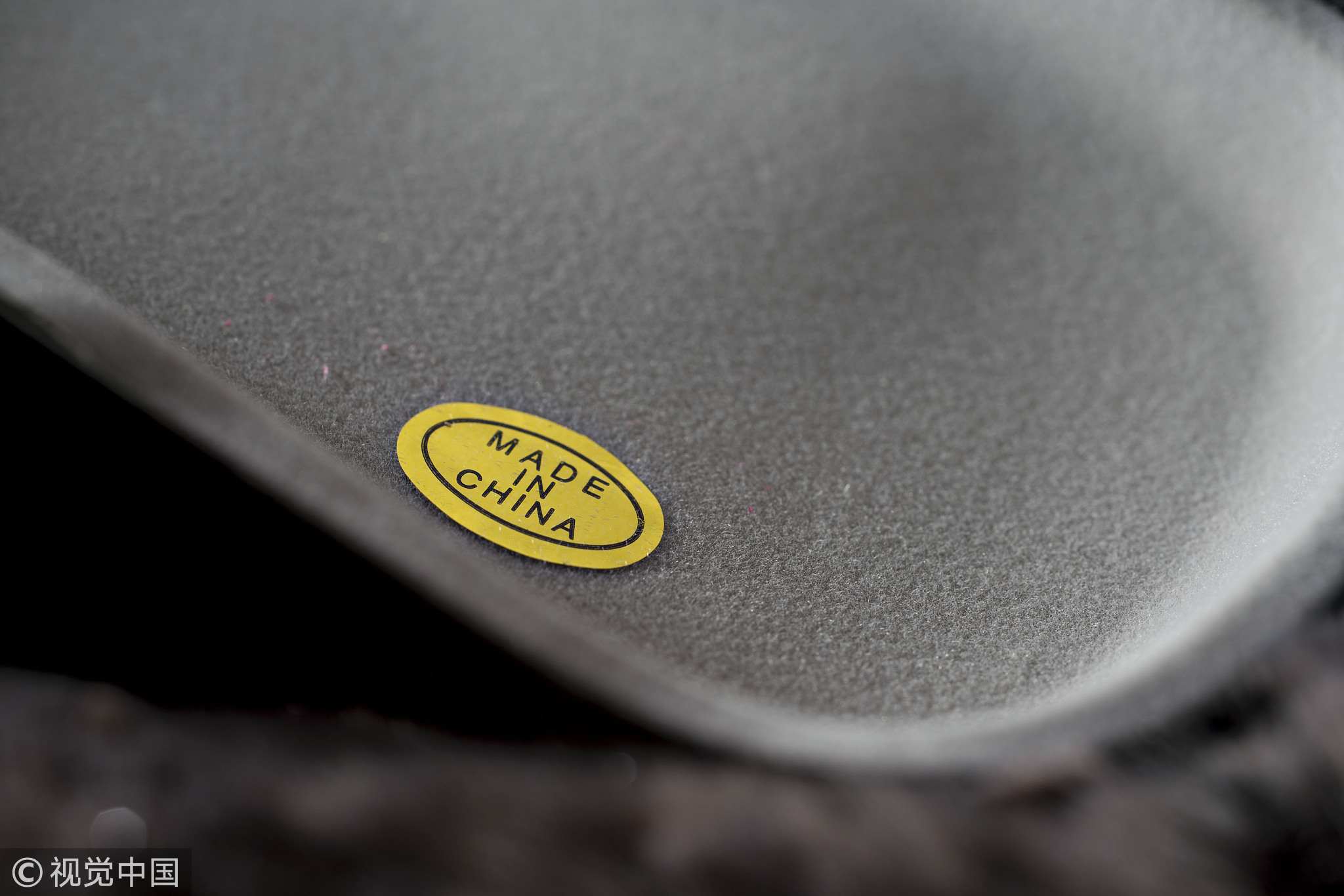
Opinion
09:35, 18-Apr-2019
Jimmy Carter's sage advice on how to make America great again

Editor's note: The following is an edited translation of a commentary from the Chinese-language "Commentaries on International Affairs" that was first published on China Plus on April 17.
Former United States President Jimmy Carter revealed on Sunday that President Donald Trump had called him over the weekend for the first time to discuss America's relationship with China.
He said President Trump voiced his concerns about China "getting ahead of" the United States, which Carter said was not something he feared. The 94-year-old, who oversaw the normalization of diplomatic ties between the two countries 40 years ago, spoke about the call during a church service in Plains, Georgia on Sunday morning. He pointed out that the United States is "the most warlike nation in the history of the world," and that "China has not wasted a single penny on war, and that's why they're ahead of us."
Carter's remarks are a demonstration of his strategic vision and a great sense of responsibility as a veteran statesman. President Trump may want to consult with him more often when it comes to handling America's relationships with other countries.

Visiting Chinese Vice Premier Deng Xiaoping shakes hands with U.S. President Jimmy Carter at the White House, January 1979. /VCG Photo
Visiting Chinese Vice Premier Deng Xiaoping shakes hands with U.S. President Jimmy Carter at the White House, January 1979. /VCG Photo
President Trump's concerns about China surpassing the United States are understandable when one considers that Washington has long been the most powerful voice in world affairs. With China now firmly in second place in terms of the size of its economy, Washington's concerns have grown deeper.
Hawkish politicians have taken advantage of this situation: They have fostered the mindset that China is a strategic rival to the United States, and used the unease about China's growing strength as a crutch to shore up their own support base in domestic politics.
But the changes in the relations between China and the United States over the past year have shown that the use of tactics like the trade war to suppress growth in China haven't achieved the results Washington had been hoping for.
Last week, China became the only major economy whose 2019 growth forecast was revised up by the International Monetary Fund. By comparison, the organization cut the growth forecast for the United States. This was not the result the American hardliners were hoping for, looking as they were to see China's growth dampened under American pressure. This adds weight to Carter's argument that China is vital for the development of the United States.

"Made in China" is seen on a sticker displayed for a photograph in Tiskilwa, Illinois, U.S., April 12, 2018. /VCG Photo
"Made in China" is seen on a sticker displayed for a photograph in Tiskilwa, Illinois, U.S., April 12, 2018. /VCG Photo
President Trump says he wants to "Make America great again," and the former president has a sensible suggestion: Don't waste money on wars and don't always try to impose American values on other countries.
"If you take 3 trillion dollars and put it in American infrastructure, you'd probably have 2 trillion dollars left over," he said. "We'd have high-speed railroad. We'd have bridges that aren't collapsing. We'd have roads that are maintained properly. Our education system would be as good as that of, say, South Korea or Hong Kong."
It's only by abandoning unilateralism and power politics, making the welfare of the American people its top priority, and enhancing its economic competitiveness that the United States can become great again.
China's government knows this well. That's why it's focused on helping the Chinese people to pursue a better life rather than trying to impose its will on people of other countries. It wants to build a shared future for mankind that is based on the principle of achieving shared growth through collaboration. And Beijing has made it clear that it is willing to work with Washington to make this dream of common prosperity a reality.
The 39th president of the United States regards America's normalization of diplomatic relations with China as "an especially historic achievement." The country's 45th president would do well to reflect on the benefits this achievement has delivered for the people of the United States.
(If you want to contribute and have specific expertise, please contact us at opinions@cgtn.com.)

SITEMAP
Copyright © 2018 CGTN. Beijing ICP prepared NO.16065310-3
Copyright © 2018 CGTN. Beijing ICP prepared NO.16065310-3